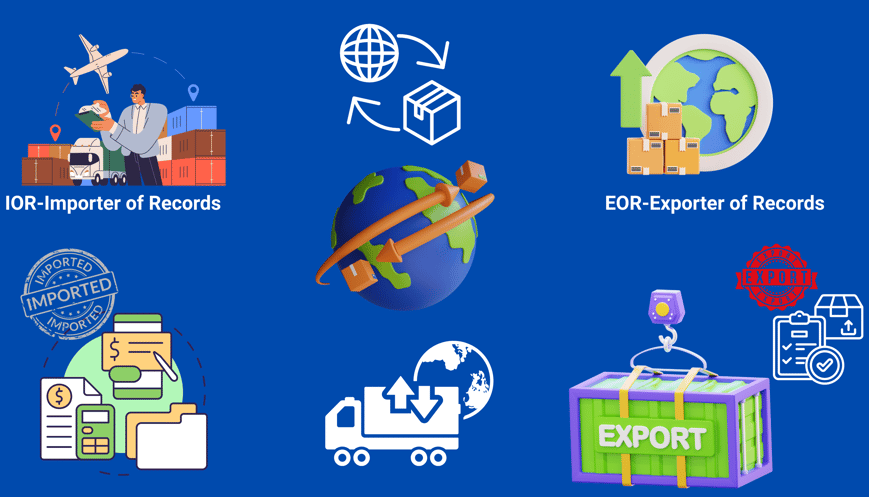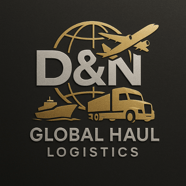EOR vs IOR
What They Mean and Why You Need Them for Global Trade
Deepthi Kurian
4/21/20252 min read
EOR vs IOR: What They Mean and Why You Need Them for Global Trade
By Deepthi Kurian | DN GLOBAL HAUL LOGISTICS
In today’s interconnected world, global trade is booming. But with cross-border shipments come complex compliance requirements. Two key terms every business shipping internationally must understand are EOR (Exporter of Record) and IOR (Importer of Record).
Whether you're moving high-tech equipment, medical devices, or business supplies, this post unpacks what EOR and IOR are, why they matter, and who needs them.
What is an Exporter of Record (EOR)?
An Exporter of Record (EOR) is the legal entity responsible for exporting goods out of a country. If your company doesn’t have a legal presence in the country you're exporting from, an EOR can handle that process for you.
Responsibilities of an EOR:
Ensures legal authorization for export.
Prepares export declarations and shipping documentation.
Manages compliance with export regulations.
Handles licensing and product classification.
Communicates with customs authorities for clearance.
Think of the EOR as your trusted export representative, ensuring the shipment gets out of the country legally and efficiently.
What is an Importer of Record (IOR)?
An Importer of Record (IOR) is the entity legally responsible for importing goods into a country. Without a local entity, customs clearance becomes tricky — that’s where the IOR steps in.
Responsibilities of an IOR:
Ensures compliance with import regulations.
Pays duties, taxes, and fees.
Submits customs declarations and accurate product classifications.
Obtains licenses or import permits if needed.
Acts as the official point of contact for customs audits or inspections.
The IOR is your local guide — handling everything from paperwork to payments to ensure your goods arrive hassle-free.
Why Are EOR and IOR Important?
Missing even one document or regulation can lead to shipment delays, penalties, or confiscation. EOR/IOR providers are vital to keeping your international operations running smoothly.
Here’s why they matter:
Ensure full legal compliance
Prevent customs delays
Avoid fines and extra costs
Enable global expansion without local offices
Simplify cross-border logistics
Who Needs EOR and IOR Services?
These services are ideal for companies that:
Don’t have a legal entity in the destination or origin country.
Ship regulated products (IT equipment, medical devices, industrial tools, etc.).
Are scaling internationally and want to move quickly without setting up local operations.
Need to ensure customs compliance across multiple jurisdictions.
Common industries that rely on EOR/IOR:
Tech & SaaS companies shipping global hardware
Healthcare and medical device manufacturers
Telecom, energy, and oil & gas companies
E-commerce brands scaling to new countries
Conclusion
Understanding EOR and IOR is not just good business — it’s essential. In a world where international trade is fast paced but heavily regulated, these services save you time, money, and headaches.
So, whether you're a startup breaking into new markets or an established brand expanding your footprint, make EOR and IOR a part of your logistics playbook.
Need Help with EOR/IOR for Your Business?
DN GLOBAL HAUL LOGISTICS partners with reliable EOR/IOR service providers globally. If you're looking for support, contact us at deepthi@dnglobalhaullogistics.com — we’ll help you navigate the world of cross-border compliance with ease.


